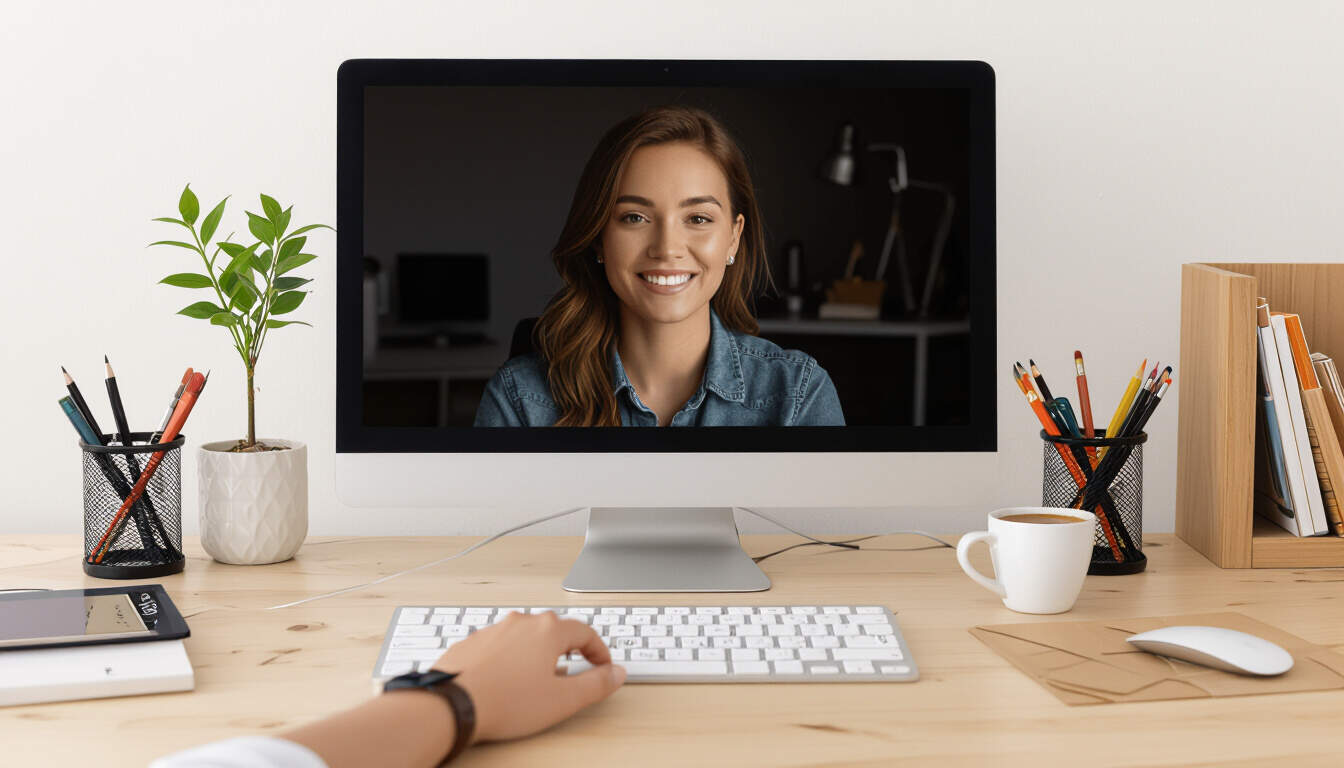Optimizing Task Enjoyment for Enhanced Productivity
 by Verner Mayer
by Verner Mayer
Discover how making tasks more enjoyable can lead to better focus and efficiency. This article explores research-driven strategies to transform routine work into engaging activities, helping professionals and students achieve more with less effort.

In our daily routines, finding ways to make tasks more enjoyable can significantly improve output and focus. For instance, task enjoyment plays a key role in sustaining motivation over time. Studies from psychology show that when people find pleasure in their work, they are more likely to persist and perform better.
One effective approach involves incorporating elements of play into everyday activities. Researchers have found that adding fun twists, such as turning a chores list into a challenge, can boost engagement. This method draws from cognitive science, where positive emotions enhance cognitive function and reduce fatigue.
Consider the benefits of breaking down larger projects. By dividing work into smaller, manageable parts, individuals can experience quick wins that build momentum. Productivity hacks like this help maintain a steady flow, preventing overwhelm and fostering a sense of accomplishment.
Another strategy is to pair tasks with rewards. Behavioral studies indicate that anticipating a reward releases dopamine, which sharpens attention and energy. For example, after completing a report, one might take a short walk or enjoy a favorite snack. This simple technique aligns with findings on reinforcement learning, making routine duties feel less burdensome.
Strategies for Professionals
Busy professionals often face tight schedules, making enjoyment crucial for long-term success. One practical hack is to personalize workspaces. Evidence from environmental psychology suggests that a customized environment, like adding plants or preferred lighting, can increase satisfaction and reduce stress during work hours.
Time management tools also offer support. Apps that track progress and provide feedback can make monitoring tasks more interactive. According to research in human-computer interaction, these tools encourage a feedback loop that heightens interest and efficiency.
For students, integrating social elements can transform studying into a more enjoyable process. Group study sessions, for instance, leverage social dynamics to make learning collaborative and fun. Educational research highlights how peer interaction improves retention and makes solitary tasks feel more communal.
Science-Backed Techniques
Several techniques stem from positive psychology. Mindfulness practices, for example, help individuals stay present and derive more satisfaction from tasks. A study published in a leading journal showed that brief mindfulness exercises before starting work can enhance enjoyment and reduce procrastination.
Physical activity serves as another hack. Incorporating short breaks for exercise not only refreshes the mind but also links movement with task completion. Fitness research indicates that even five minutes of activity can improve mood and cognitive clarity, turning breaks into rewarding interludes.
Customization is key in these approaches. People should experiment with what works best for them, whether it's music or creative visualization. By doing so, they create personalized routines that align with their preferences, leading to sustained efficiency.
In practice, combining these hacks can yield impressive results. For instance, a professional might use a timer for focused work sessions, followed by a reward, turning what was once mundane into something anticipated. This method echoes findings from time management studies, where structured intervals promote both enjoyment and output.
Real-World Applications
Let's look at examples across different groups. For working parents, blending family time with task completion can make duties feel less isolated. Research on work-life balance shows that integrating enjoyable elements, like listening to podcasts during commutes, enhances overall well-being.
Students can apply similar principles to exam preparation. By turning revision into games or quizzes, they tap into competitive instincts that make studying more engaging. Cognitive science supports this, noting that gamified learning improves memory and reduces anxiety.
Ultimately, the goal is to build habits that stick. Consistency is vital, as repeated positive experiences reinforce neural pathways associated with enjoyment. Over time, this leads to a natural inclination towards productive behaviors.
By focusing on these strategies, individuals can reshape their approach to tasks. The key lies in small, intentional changes that accumulate into significant gains, making every day more effective and fulfilling.
